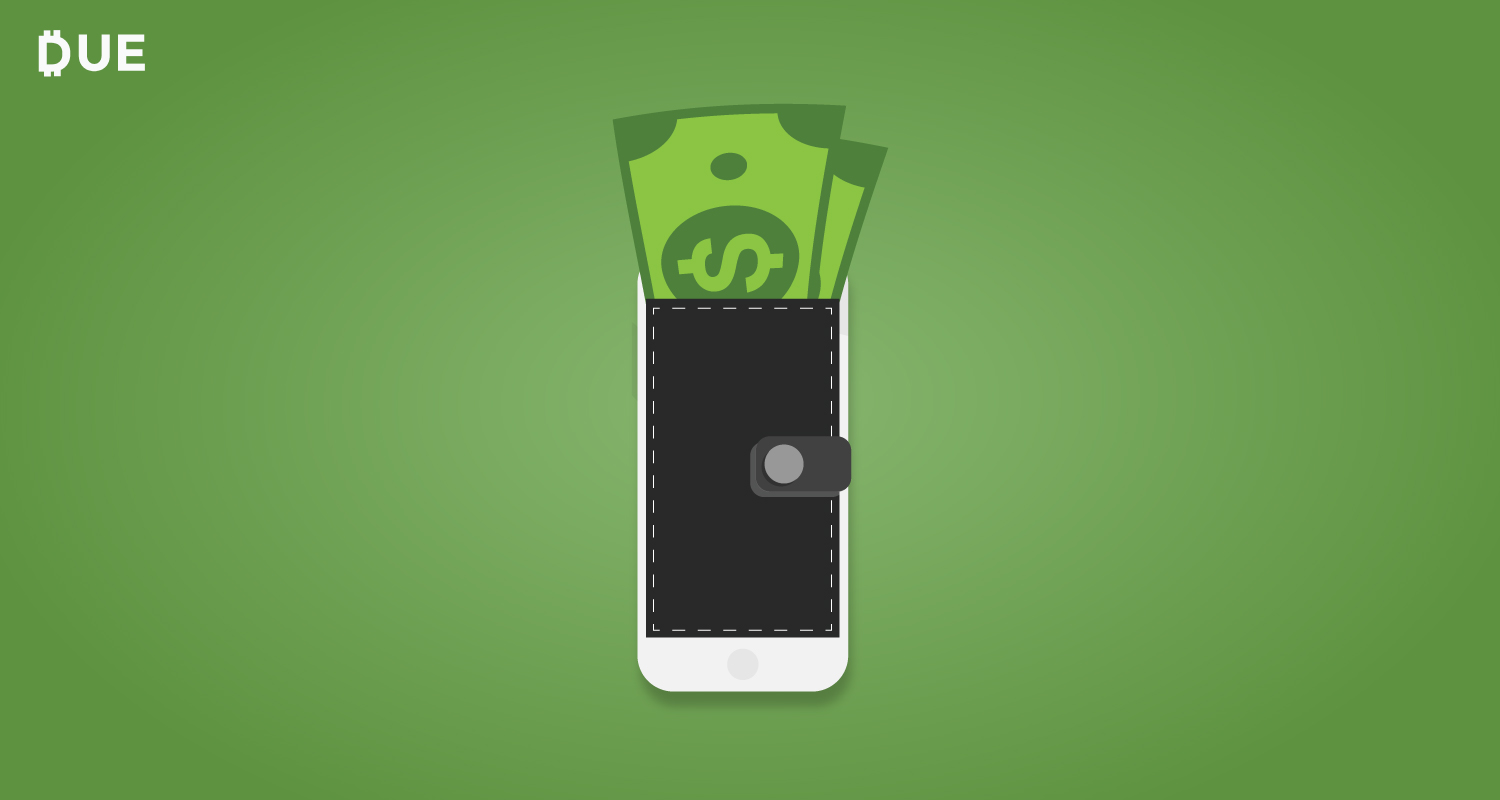Keeping information secure in a digital age is not as simple as setting up a short password or two. Thieves and hackers can easily get past those, so many people use complicated passwords instead. Or, they may set up multiple questions that must be answered before information can be accessed.
That’s all well and fine, but if you’ve created a complex password and forgotten it, you’re not alone. Most people forget a password at least once in their lifetime and maybe more times than that.
Of course, with many apps you can solve the problem by asking for a password reset. Alternatively, you may have to answer a question or two to access your account and reset the password yourself.
But what if that isn’t possible? Worse yet, what if the account you can’t access holds your investment in digital currency? It’s possible you could lose access to hundreds, thousands, or even tens of thousands of dollars.
Thankfully, there are practices to keep your digital wallet secure so you can access it when you need to.
Table of Contents
Toggle1. Password Protect All Devices
Do you have a password for your phone? What about your tablet or computer? It only takes a few seconds of your time to set up and use passwords for all of your devices.
You may be trading thousands of dollars for a few seconds of your time by not protecting your devices and information. When viewed in monetary terms, the inconvenience of constantly typing a password may be worth it.
2. Write it Down
One way to keep your digital wallet secure but still have access is to keep track of your password. While some information technology experts disagree, I say it makes sense.
With so many passwords to keep track of these days they can become a jumble in your brain. Every on-line store or business requires one and for good reason. Still, trying to remember them all simply isn’t possible for most people.
Therefore, you may need to maintain a list and keep your written passwords or phrases secure. A way to do that is to store them in an actual safe.
3. Use Offline Digital Currency Storage
Another way to keep your digital wallet secure is to use offline digital currency storage. As an example, you could use a heavily encrypted flash drive to store your digital wallet.
Safe your information to a flash-drive and place it in a safe or safety deposit box. Neither one of these storage options is connected to the internet in any way.
4. Take Extra Precautions
You should ramp up security in other areas as well. For instance, call your cell provider and increase your security to the highest level.
Another extra precaution to take is to disable all automatic logins on your devices. This way, if the wrong person gains access to any of them it won’t be easy to steal your cryptocurrency.
The more technology we use the greater the possibility of being hacked unless precautions are taken. Use these practices to help keep your digital wallet secure and accessible when you need it.











